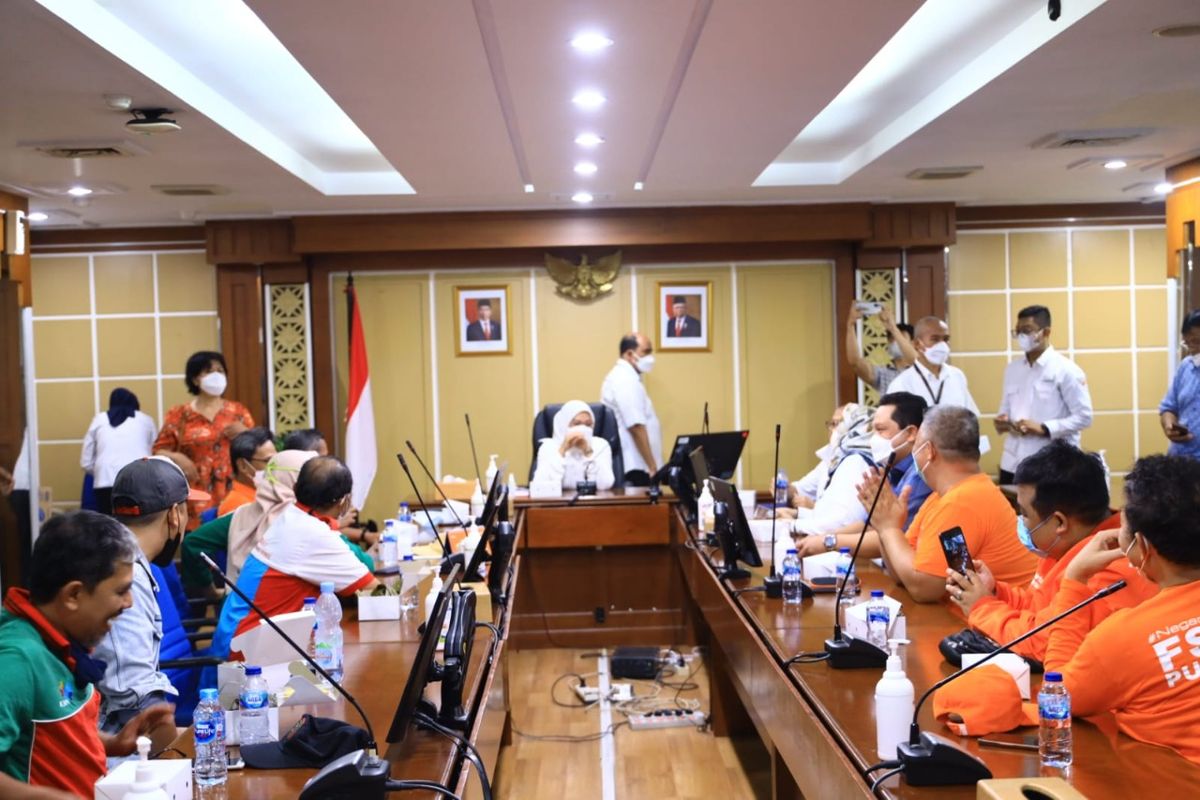Indonesia’s Pension Funds: Between the Long Run and Short Run Goals

Compared with major ASEAN countries, Japan, Korea, India, and China; the Philippines is the only country that records a smaller premium than Indonesia. Singapore, Malaysia, and Thailand lead by more than 20 years premium while Indonesia books 14 years. Consequently, an average pensioner in Indonesia enjoys a shorter time of their funds before passing away.
While it should be acknowledged as a smart policy, the effectiveness of JKP is also in question. We can simulate that if the average salary of a worker just being laid off in the second year of the contract is about 5 million Indonesian rupiahs ($350), he or she will receive an accumulative amount of 10.5 million Indonesian rupiahs ($735) payment in six months. Whether this amount is sufficient to support living greatly depends on the original salary and the average length of the frictional unemployment - the duration to search a new job.
Also read: Death Toll Nears 6 Million as Pandemic Enters Its 3rd Year
The minimum salary in Indonesia ranges widely from 1.7 million Indonesian Rupiahs ($119) in Yogyakarta and 4.3 million Indonesian Rupiahs ($300) in Jakarta in 2021. This difference contributed to a substantial gap of JKP received while searching for a new job across provinces.
Moreover, there is also a stark contrast on the length of frictional unemployment based on Sakernas survey in 2021. While 81 percent of job seekers settle their employment in 12 months, there are about 30 percent of job seekers in Papua Barat, Aceh and Maluku and about 64 percent in Papua require longer than a year to get the new jobs after being laid-off.
To sum, a measured pension policy is an important agenda for Indonesia due to its demographic characteristics. Since 2012, Indonesia has entered a period of demographic bonus characterized by a larger fraction of working age population. Additionally, from 2020 to 2022, we enjoy the highest demographic bonus where the dependency ratio is at the lowest level. However, this honeymoon shall end as the demographic bonus is expected to disappear in 2038 requiring anticipation to finance the elderly population in the future.
(This article is written jointly by Senior Research Associate Ibrahim Kholilul Rohman and Research Associate Mohammad Alvin Prabowosunu from IFG Progress, a leading Think Tank established by the Indonesia Financial Group. The views expressed in this article belong to the writers).
Simak breaking news dan berita pilihan kami langsung di ponselmu. Pilih saluran andalanmu akses berita Kompas.com WhatsApp Channel : https://www.whatsapp.com/channel/0029VaFPbedBPzjZrk13HO3D. Pastikan kamu sudah install aplikasi WhatsApp ya.






























